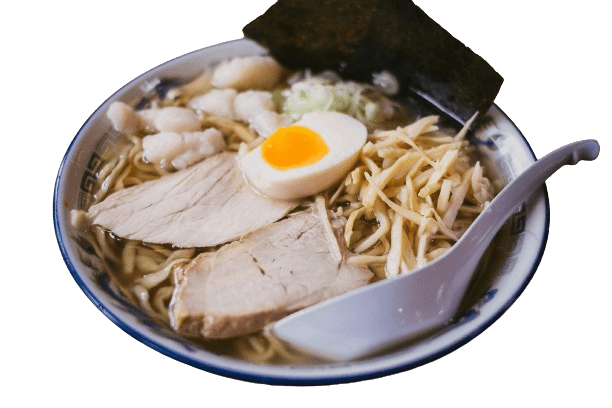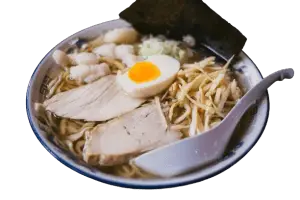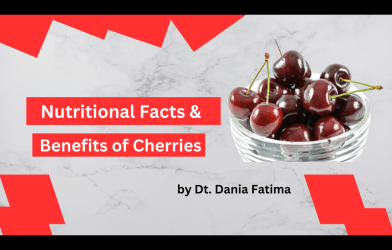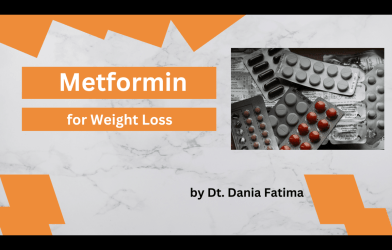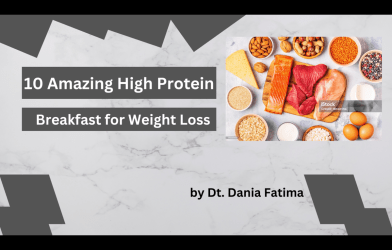Importance of Protein in our Life| How much Protein we have to take in a Day?
Introduction:
Protein is a macronutrient and a complex molecule that gives you 4 calories if you are taking 1g of it. Our body is mainly made up by protein which is composed by building blocks that are amino acids. Proteins are polypeptide structures. Proteins are made up by a set of 20 amino acids in which 11 are non-essential amino acids and just 9 are essential amino acids. In which essential amino acids are needed to take from diet. And 11 amino acids that are non-essential are not need to take from diet because they are already present in our body.
Functions of Protein in our Body:
1. Growth and Maintenance:
Protein is very important for our growth and maintenance because our body is mostly consisting of protein and we also know about mitosis in which old cells die and new cells are formed that is a continuous process in our body. So, in this way protein plays very important role for this maintenance of body process. Proteins helps body to repair itself that means it is vital for normal growth. Even if you are in period of illness, pregnancy or breastfeeding and surgery you need required amount of protein to stay healthy or recover your body very fast.
2. Important in Biochemical Reactions:
As we know enzymes are made up of proteins and we also know enzymes are performing mainly metabolic reactions in our body. We can say that if protein level is not enough in our body than our metabolic system can’t work properly. Enzymes not just performing role in metabolism or biochemical reactions but also doing digestion as some digestive enzymes, energy production, blood clotting and muscle contraction.
3. Act as Messenger:
Hormones in our body act as a messenger. Hormones are made up of proteins. Hormones are of three types; Protein and peptides that are made of group of amino acids, Steroids that are made up of fat cholesterol, Amines that are made up of just one amino acid. Hormones as messengers works both in or cells or outside the cells or among cells, tissues and organs for communication. Hormones basically made and secreted by endocrine glands or tissues that transport the hormones through blood to targeted place.
4. Structural Role:
Proteins that are fibrous provide the certain structures in our body by increasing stiffness and rigidity of cells, tissues or organs through connective network. Fibrous proteins are Keratin which is present in our skin, hair and nails, Collagen that is present in our bones, ligaments, tendons and skin. And Elastin is also fibrous protein that is too much elastic found in lungs, uterus and arteries.
5. Maintain pH:
Protein also play crucial role for maintenance of pH in our body by regulating acids and bases in blood and other body fluids. It maintains stomach pH at 2. Actually we can say protein also working as a buffering system in our body (buffer system is that which regulate pH). Its best example is hemoglobin that is a protein which function is to make red blood cells actually, it binds small amounts of acid with it to maintain pH in blood.
6. Maintain Body Fluids:
Globulins and albumins are that proteins in our body that regulate fluids. But if we don’t take enough amount of protein for long term then we go deficient in these proteins that mean our fluid maintenance in our body is not good. So, water or fluid in cells don’t stay and it comes out in between cells in extra amount that causes swelling or edema. We can easily judge protein deficiency in this way.
7. Support Immune System:
Immune system that contains immunoglobulins or antibodies that are made of proteins. Antibodies main function to detect the foreign substances like bacteria or viuses and kill them to stop their multiplication in body to inhibit infection that means protein plays very important role for our immune system.
8. Store and Transporter:
Protein also work as transporter and store. Protein transport nutrients like vitamins and minerals through blood to cells or among cell or where they are requiered that means if you are taking vitamins minerals through supplements but your protein level is not enough in your body or you are not taking required amount of protein through your diet then transportation of vitamins and minerals can’t be successful. Protein work as a store for various substances like ferritin is a protein in our body that can store iron in it.
9. Provide Energy:
Protein provide enrgy to our body as we have discussed earlier it provides 4 calories per 1g of protein. So, protein is very important nutrient for our body to get energy from it. According to researches, if you do fast for 18 hour to 48 hours then your body got protein energy from your muscles or sekeleton that definitely put you on deficiency of protein.
Importance of Protein:
By discussing funtions of protein in our body it is clear protein intake on daily basis through diet is very important because it make and repair cells, tissues and organs. Protein is vital to make enzymes, hormones, immunoglobulins, neurotransmitters, skin, tendons and ligaments.
Protein intake also important for following factors;
1. Help in Weight loss:
Protein, we know it gives energy but in case of weight loss according to dietitian recommendation on basis of your needs it can be helpful to lose weight because protein require more time to digest. In this way, you feel full and your food cravings become controlled and your weight will be loss. Espcially, in plant proteins that contain fiber in it that lowers bad cholesterol and increase good cholesterol that reduces chances to gain weight. Fiber also delay your digestion that is helpful for weight loss.
2. Helps in Gain Muscles and Strength:
As we have discussed above protein repair cells, tissues and organs. Our muscles are mostly composed of proteins. So, for normal contraction and relaxation we need protein that provide strengths to us.
3. Protein in Pregnancy:
In pregnancy protein is crucial nutrient because it provides your baby growth and developments through placenta. Fetus require protein to develop and maintain new cells in their body that is very strong base for your baby in future infancy and childhood. Especially transporting oxygen through blood.
Protein Sources:
Protein sources are of two types; Plant based and Animal based. Plant based proteins provide antioxidants, vitamins and minerals that beneficial for overall health. Plant based proteins also reduces the risk of stroke, cardiovascular diseases. Plant based proteins also play important role structural, functional and enzymatic roles in our body. In additional, plant proteins have fiber in it that prolong appetite so you feel fullness. Animal proteins are also good for our body and if we are iron deficient then animal protein is best source. Animal protein reduces risk of chronic diseases and good for muscles and heart funtioning.
Plant Based Proteins are beans, pulses, legumes, nuts, seeds and lentils. Animal based protein sources are mutton, beef, chicken, fish, egg, milk, butter, cheese and yoghurt.
How much protein we have to take per day to Fulfil Body Demands:
Protein requirement depends upon various factors like physical activity, surgery, pregnancy, lactation, pre-opreative and post-opreative. But normally, 0.8g protein is required per kg body weight. For example, if anyone has 55kg body weight then, he needs 44g protein according to body weight. In athletes, protein requirements are 1.1g to 1.5g per kg body weight. In pregnancy 75 to 100g protein is required per day. After surgery 1.5 to 2g of protein is required per kg body weight.



